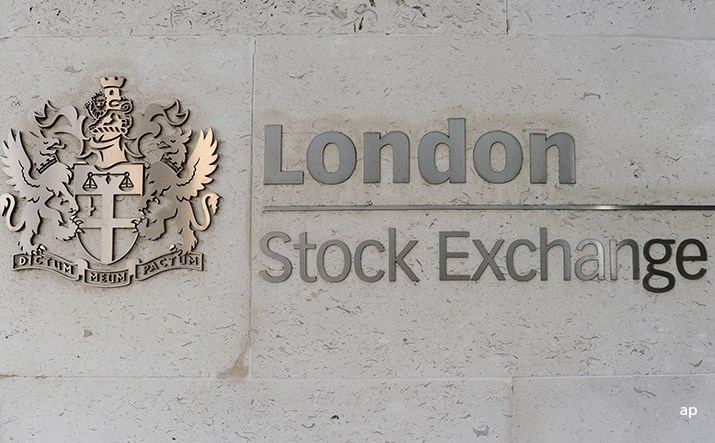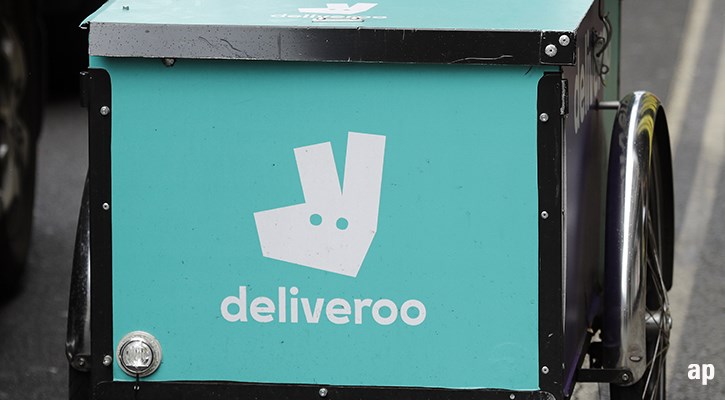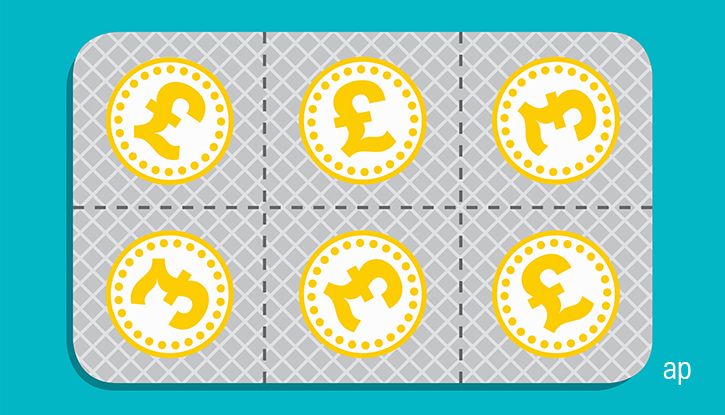
It’s been a dramatic period for investors in The Hut Group (THG). The health and beauty e-commerce site was the largest float on the London Stock Exchange last year, and the biggest since 2013. But it has fallen from grace spectacularly in the last few weeks. After a strong start as a public company last year, it’s all been downhill in 2021, with a brutal 75% fall this year. The firm’s founder and chief executive Matthew Moulding now says the London IPO was a mistake. What should investors make of this remarkable turnaround?
What Went Wrong?
THG's shares floated at 500p to great fanfare in September 2020, rising 25% on the first day of trading. After the Covid-19 crash, the successful float was seen as a vote of confidence in UK listings, especially as THG was an e-commerce company--and one that UK plc conspicuously lacked (the Deliveroo float was still to come).
THG was described at the time as a “unique asset” by one fund manager and others as proof of the UK’s tech leadership. Japanese investment vehicle SoftBank, of WeWork fame, took a near 10% stake in The Hut Group in May 2021, enticed by The Hut Group's tech platform, which is called Ingenuity.
Shares muddled along near 600p for much of this year but took a turn for the worse and are now around 200p, valuing the company at £2.4 billion.
The turning point appeared to be a presentation by Moulding to City analysts on October 12, on what’s known as a “capital markets day”. These are usually routine events, where companies update investment banks and brokers on the finer details of their strategy.
Shares fell 35% that day, shaving nearly £2 billion of the company’s value. A note by independent research house The Analyst Group also fuelled unease among professional investors.
The company promised to overhaul its corporate governance and Moulding, who is also chairman and chief executive, is to relinquish his “golden share” in THG to appease investor concerns.
A golden share effectively creates a dual share class where the founder keeps control of company strategy and can out-vote other investors. THG had a standard listing because of this dual share class, but a simpler corporate governance structure would have meant it could apply for a “premium listing”, which costs more but increases the liquidity of shares and boosts the company profile.
“We feel that the time is right to make this next step and apply to the premium segment in 2022,” Moulding said in October.
Then BlackRock bailed. On November 2 the US asset management giant sold half its stake in THG at 195p each in a high-profile vote of no confidence in the e-commerce group.
If investors had not had enough drama, Moulding then gave an interview to GQ magazine, expressing his regret at floating The Hut Group in London in the first place, and criticising the IPO process. He added he was keeping an “open mind” about the company’s future.
In the interview, he compared short sellers with bank robbers and said hedge funds and fund managers were essentially operating in tandem to drive down the share price. As of November 10, just 0.69% of the company’s shares were being shorted, according to the Financial Conduct Authority’s daily register. The company shorting the shares is Psquared Asset Management, an alternative asset manager based in Switzerland, and the short position was initated on October 13, according to the FCA.
What Happens Next?
Retail investors are right to be alarmed by this rapid turn of events.
Chris Beauchamp, chief markets strategist at IG Group, thinks that, given the speed of the sell-off, investors right now may not have too many appealing options but to sit tight and wait.
Indeed, if IPO investors sell now at 200p, they crystallise a heavy loss, and potentially miss out on a price bounceback. After such a sharp fall, rebounds often occur (this happened with Deliveroo after its own bungled IPO). Likewise, a private equity buyer may emerge who is willing to pay above the market price.
AJ Bell investment director Russ Mould captures the dilemma faced by shell-shocked investors:
“On one hand, sentiment is incredibly weak towards the stock and there is no point going against the flow if the market has decided THG is a dud. On the other hand, investors are now being given the chance to snap up shares in a business at a price where the original source of excitement [The Ingenuity platform] is now essentially thrown in for free.”
Other fund managers holding big positions, including Jupiter and BMO (see table), will also be hoping for a turnaround.
Overall, investors in UK e-commerce IPOs may be doubly wary following this episode, and that of Deliveroo, whose share price still sits well below its IPO price of 390p. But Beauchamp points out that shareholders in a company, whether it’s a shiny new IPO or not, still have to do their research and due diligence, rather than just relying on a compelling “story”.
In this case, IPO investors were hoping that THG would become the UK's Shopify, the Canadian e-commerce giant now worth nearly $200 billion, whose shares have risen 5,000% since its float in May 2015. For now, THG shares appear to have stabilised, supported by the idea of a potential private equity buyer. But investors could reasonably expect further drama in the months ahead.




























